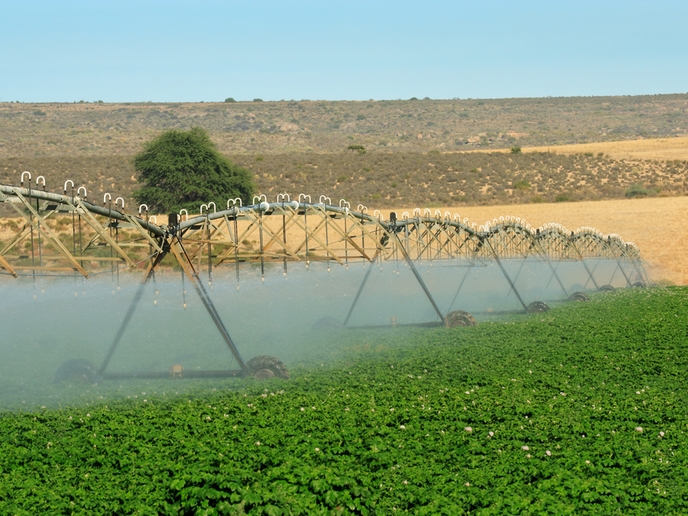Increasing wastewater treatment and reuse will help arid regions irrigate crops
Extreme weather and climate change policy failures are the greatest threats the world is facing over the next 10 years. The Middle East and North Africa (MENA) region is the driest area in the world and is already affected by desertification, groundwater over-exploitation, and seawater intrusion into aquifers. The consequences of climate change for water security in MENA will be amplified given that the expected population growth and economic growth is projected to result in a 47 % increase in water demand by 2035. In MENA, agriculture accounts for more than 80 % of freshwater use. The EU-funded MADFORWATER project has developed integrated technologies and management tools to significantly boost the use of treated wastewater for irrigation and enhance water efficiency in agriculture. The team focused on selected hydrological basins in three Mediterranean-African countries (MACs): Egypt, Morocco, and Tunisia.
Technology and management combine for success
Project coordinator Dario Frascari explains: “MADFORWATER is based on two pillars: wastewater treatment (increasing the amount of available irrigation-quality water), and irrigation (enhancing wastewater reuse for irrigation and the efficiency of water consumption in agriculture). Solutions are adapted to be technically and culturally suitable within the environmental and socioeconomic context of the target MACs. Integration of water demand and water supply tailors wastewater treatment and irrigation to available wastewater types and crops typical of the target countries.” Integration is facilitated through tailored technologies, decision support tools, and water and land management strategies.
Moving from bench to field
The technologies for wastewater treatment and irrigation developed and adapted during the first 2 years of activity are being optimised during the final half of the project. Scale-up and validation of selected technologies are taking place at four pilot plants: one in Egypt, one in Morocco, and two in Tunisia. Technologies were selected based on their technical performance, cost-benefit analysis, life-cycle assessment and feedback collected during several stakeholder consultation workshops. Pilots are processing and utilising municipal wastewater, drainage canal water and textile wastewater. Frascari states: “The wastewater treatment technologies for municipal wastewater and drainage canal water are proving effective and environmentally sustainable. We are addressing challenges in the treatment of textile wastewater with an innovative biological process. As for the irrigation pilots, all the technologies tested have proved effective to date.”
No scarcity of benefits
Aside from the critical impact of enhancing water security for irrigation, the technologies are cost-effective. Low energy consumption for wastewater treatment and high water-use efficiency of irrigation technologies protect the environment. MADFORWATER SMEs are currently developing business plans for implementation in MENA countries as well as guidelines for adaptation in different contexts. Several patent applications are also underway. The project also includes capacity-building activities aimed at increasing the social acceptance of treated wastewater reuse in North Africa. Frascari summarises: “We have demonstrated the ability to boost the reuse of treated wastewater for irrigation in developing countries faced with severe water scarcity. It is made possible by tight integration between technological innovation and sustainable water management tools.” MADFORWATER is supporting MENA in sustainably meeting the serious challenges posed by continuing climate change, population growth, and water scarcity.
Keywords
MADFORWATER, water, wastewater, irrigation, wastewater treatment, MENA, crops, agriculture, climate change, Egypt, Morocco, Tunisia, desertification, water efficiency, Mediterranean-African countries, energy



